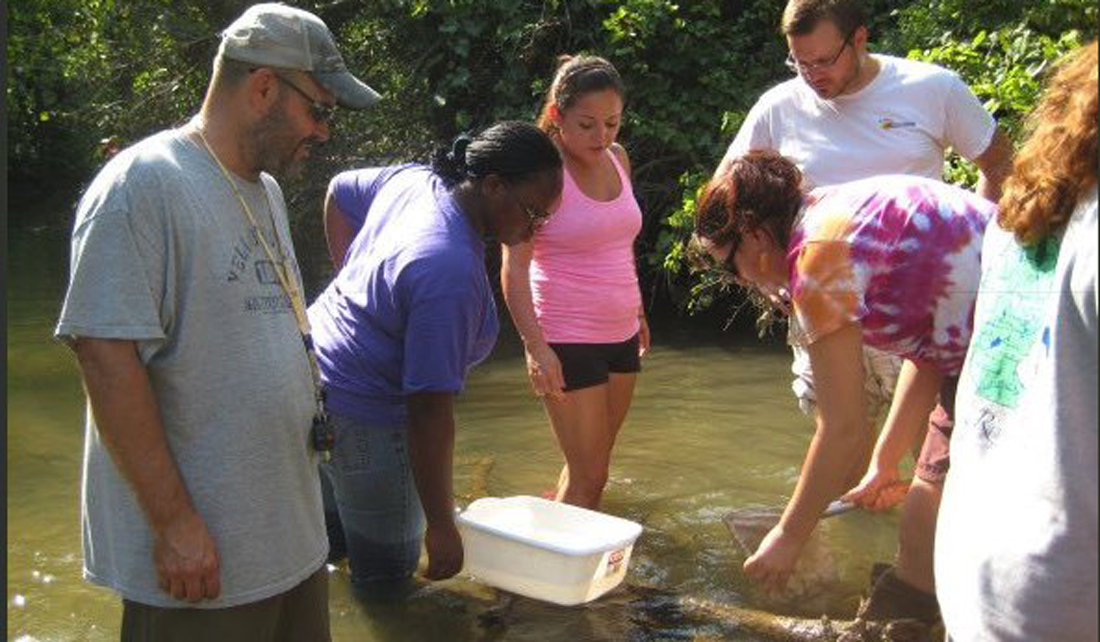
No matter where you live, you live in a watershed—an area of land that drains to a waterbody such as a stream, river or lake. Through a structured training program beginning in March, the Indiana Master Watershed Steward Program (IMWSP) will provide community members with knowledge about their surrounding water bodies and how to keep them healthy. The free pilot program is focused on Lake, Porter and LaPorte counties but is open to all Indiana residents.
The IMWSP will give participants the opportunity to interact with area experts on subjects pertaining to their local watershed. From these natural resource professionals, participants will learn the fundamentals of watershed hydrology, water quality, soil and geology, flooding and stormwater, green infrastructure, watershed wildlife, how people affect watersheds and water quality, and more.
The program will engage participants with local environmental agencies and community groups to promote community participation in local water quality and fish and wildlife enhancement through volunteering efforts. Each program participant will apply knowledge gained from the IMWSP to complete a local watershed stewardship project, such as assisting with streambank restoration, riverside cleanups and promoting safe boating.
Application
IMWSP applications are due February 22, 2019. For registration materials, email Leslie Dorworth at ldorwort@pnw.edu or call (219)989-2726.
Class Schedule
Participants will complete 12 weeks of training. Classes begin March 12 and end May 14, 2019. They will be held every Tuesday from 6-8:30 p.m. CT at The Residences at Coffee Creek, 2300 Village Point in Chesterton, Indiana.
Continuing Education Units
Continuing Education Units (CEUs) are available for educators who complete the IMWSP.

